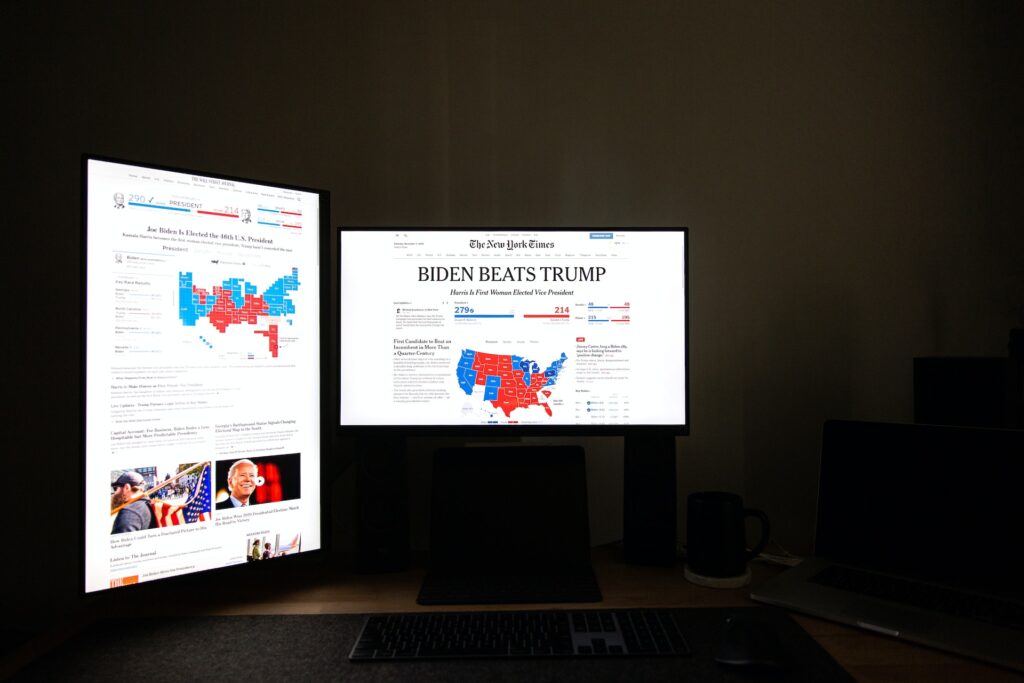Internet connectivity has become an essential part of modern life, impacting everything from education to healthcare, entertainment to commerce. However, not all countries enjoy the same level of internet speeds, and this can have significant consequences for their citizens and economy. In some cases, the government plays a critical role in shaping the level of connectivity and speeds that its citizens can access. In this article, we explore how governments influence internet speeds in their countries and the consequences of such decisions.

Government Investment in Internet Infrastructure
One way that governments influence internet speeds in their countries is through investment in internet infrastructure. For example, in South Korea, the government invested heavily in fiber optic infrastructure, which has led to some of the fastest internet speeds in the world. In contrast, some countries in Africa and Southeast Asia have struggled with slow internet speeds due to a lack of investment in infrastructure.
Government Regulations on Internet Service Providers
Governments can also influence internet speeds through regulations on internet service providers (ISPs). For instance, in some countries, ISPs are required to offer a minimum level of service to all customers, which can ensure that even those in rural or remote areas have access to decent internet speeds. Additionally, some countries have regulations in place to prevent ISPs from throttling or slowing down internet speeds for certain users or services.
Government Censorship and Control Over the Internet
Another way that governments influence internet speeds is through their level of censorship and control over the internet. In some countries, the government restricts access to certain websites or online services, which can lead to slower internet speeds due to the use of filters or other restrictions. Additionally, some governments may intentionally slow down or block access to the internet during times of political unrest or protests.
Consequences of Government Influence on Internet Speeds
The consequences of government influence on internet speeds can be significant. For example, countries with faster internet speeds may have a competitive advantage when it comes to attracting businesses or developing new technologies. In contrast, countries with slower internet speeds may struggle to keep up with the rest of the world in terms of innovation and economic growth.
Additionally, government censorship and control over the internet can have negative impacts on freedom of speech and the ability of citizens to access information. Countries with strict censorship may experience slower internet speeds due to the use of filters and other restrictions, which can impact everything from education to commerce.
Best Practices for Government Influence on Internet Speeds
So what are the best practices for government influence on internet speeds? First and foremost, governments should invest in internet infrastructure to ensure that citizens have access to fast and reliable internet. Additionally, governments should establish regulations to prevent ISPs from throttling or slowing down internet speeds for certain users or services.
Finally, governments should be careful when it comes to censorship and control over the internet. While it may be necessary to restrict access to certain websites or online services in some cases, governments should be careful to balance these restrictions with freedom of speech and access to information.
Internet speeds are an essential component of modern life, impacting everything from education to commerce. Governments can play a critical role in shaping internet speeds in their countries, through investment in infrastructure, regulations on ISPs, and censorship and control over the internet. The consequences of government influence on internet speeds can be significant, impacting everything from economic growth to freedom of speech. By following best practices and ensuring that citizens have access to fast and reliable internet, governments can help ensure that their countries remain competitive in the digital age.